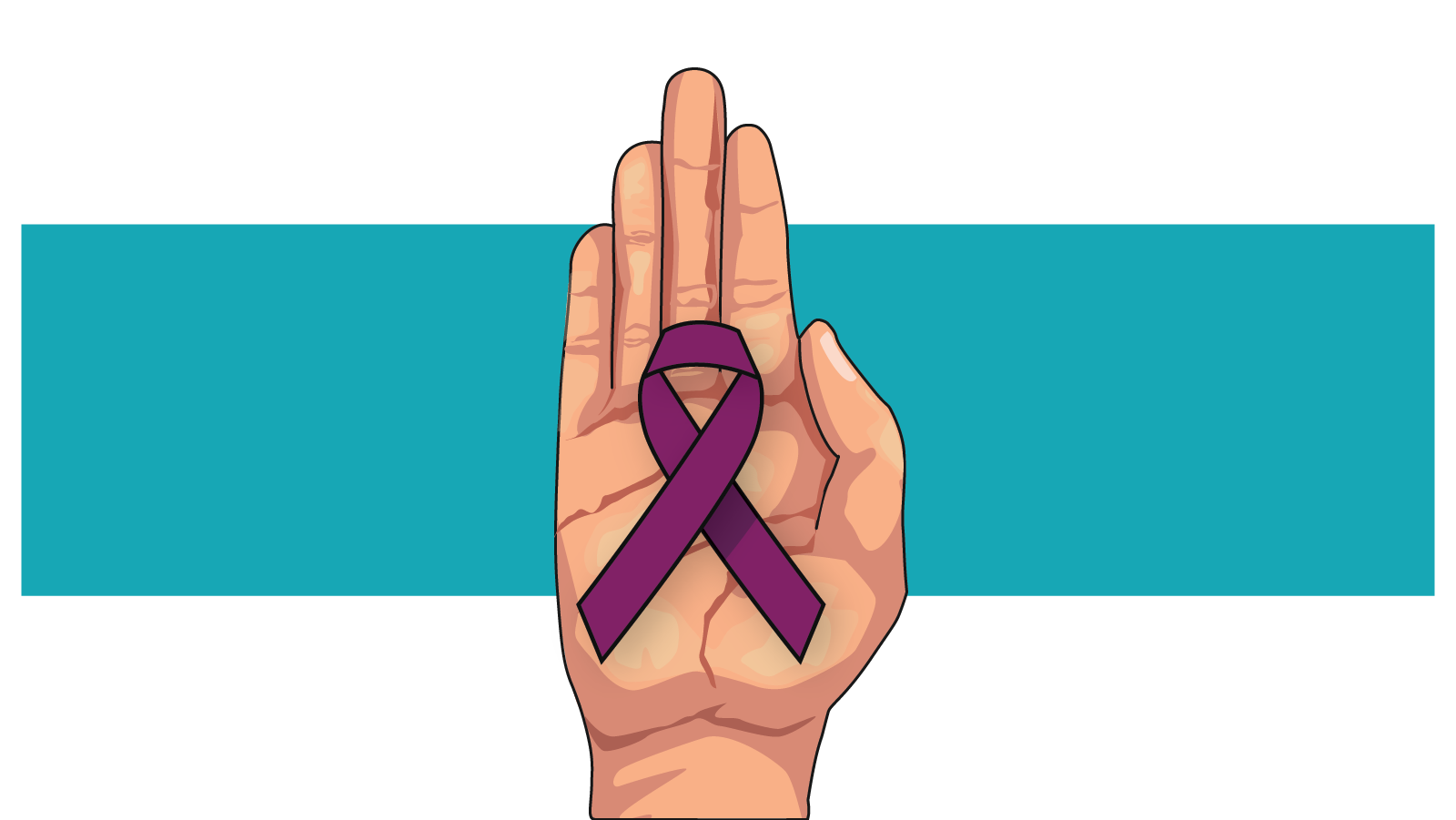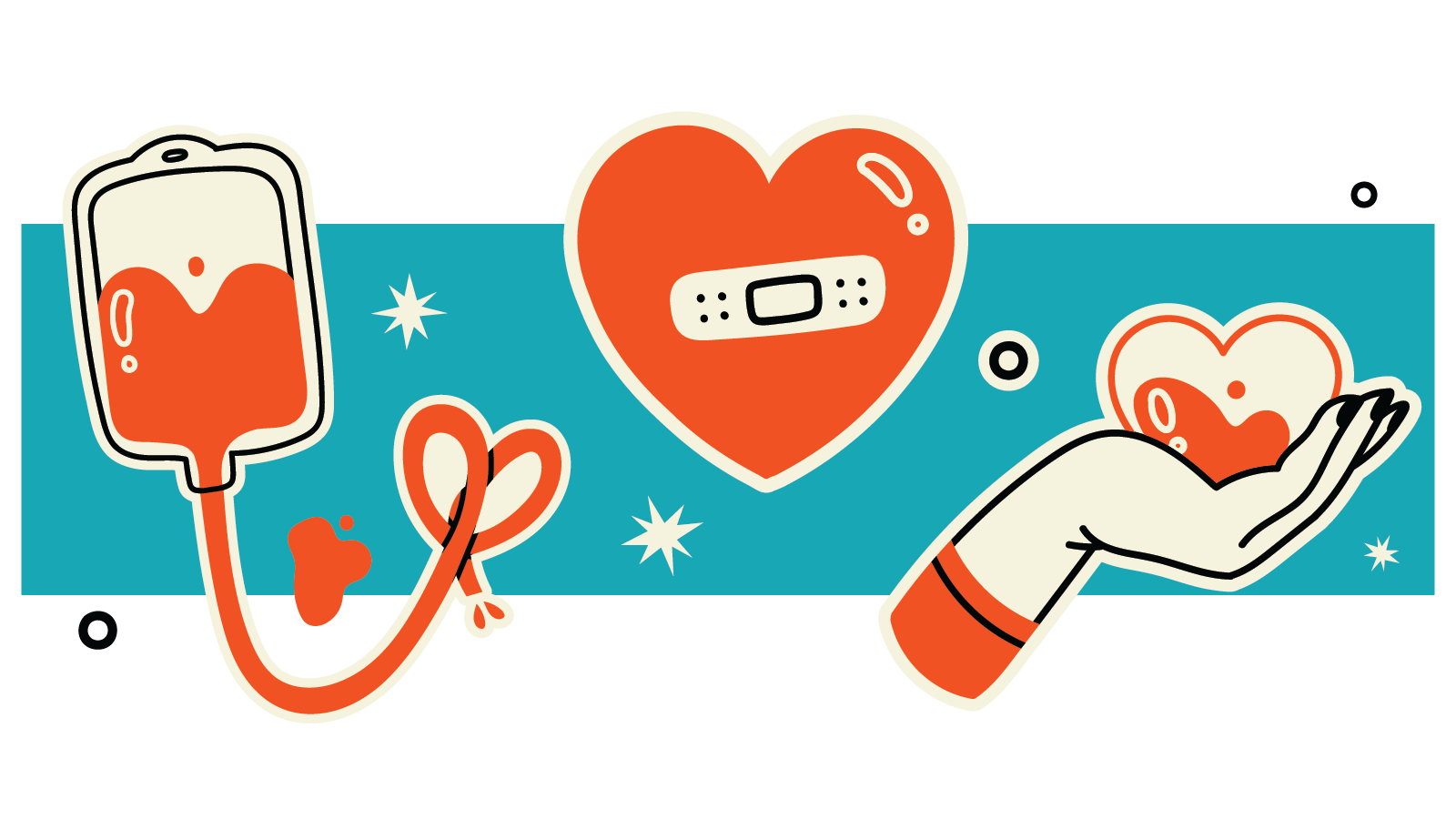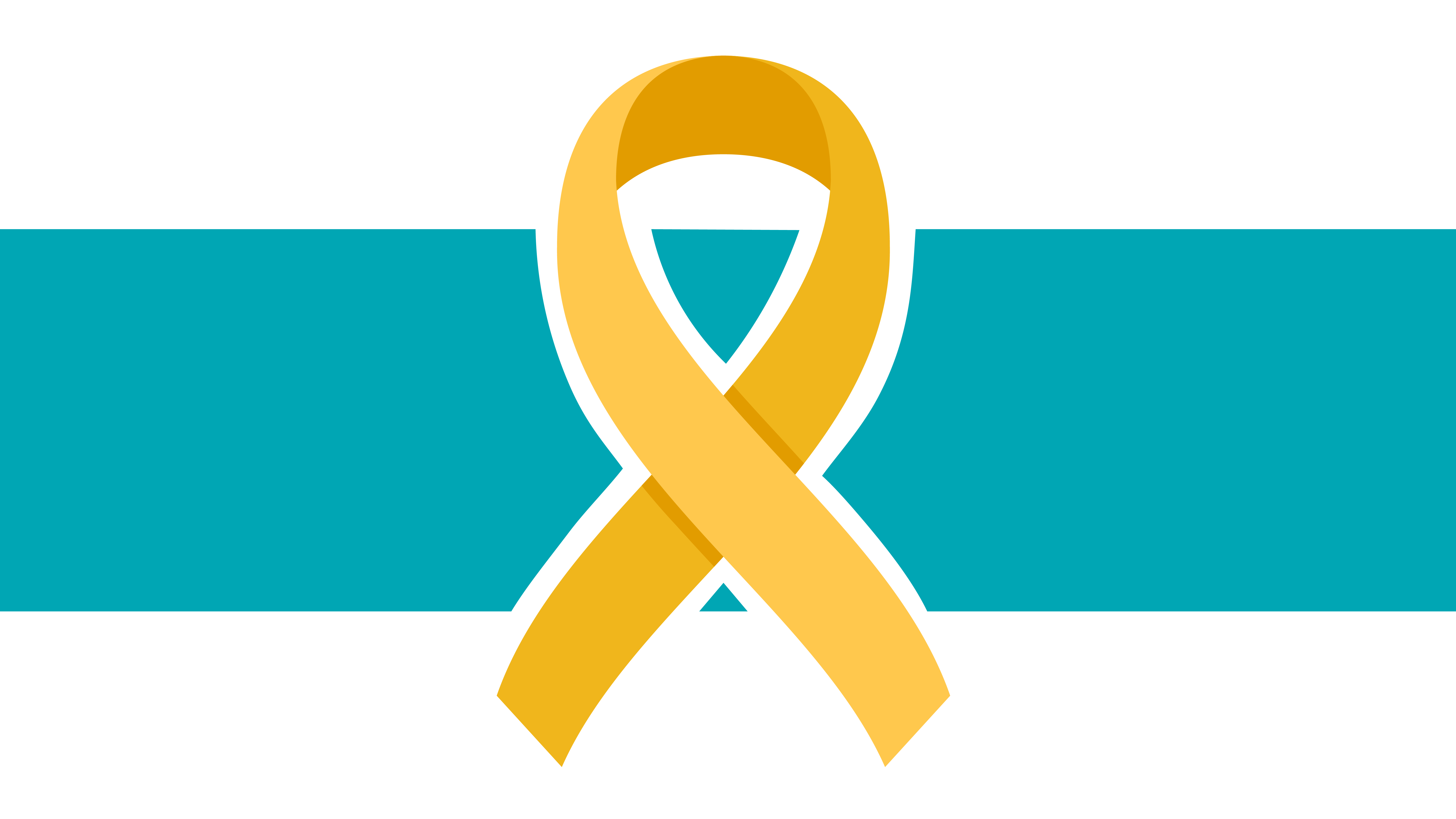Thank You, Blood Donors!
World Blood Donor Day (June 14th) celebrates ordinary citizens around the world who make voluntary, unpaid blood donations to their community’s blood...

If you are one of the 18.1 million Americans living with a history of cancer, heads up: there is a hearty and collective “high-five” coming your way on June 4th. National Cancer Survivors Day® honors and celebrates cancer survivors, newly diagnosed people, and the ongoing efforts of medical teams and researchers who bring life back from the brink.
But surviving cancer “isn’t the end of the story,” says Laura Shipp, spokesperson for the National Cancer Survivors Day Foundation, a nonprofit organization for cancer survivors and their supporters. “Cancer survivors face ongoing, often long-lasting, hardships because of their disease. These include long-term physical and emotional side effects, increased risk for second primary cancers and other health problems, and potentially devastating financial setbacks,” she explains. “We want to raise awareness of these challenges of cancer survivorship.”
Unfortunately, cancerous diseases still affect people in the United States. The National Cancer Institute at the National Institute of Health projects nearly 2 million new cancer cases in 2023. Of those, it’s estimated that around 610,000 cases will result in death this year.
“NCSD is a celebration, but it’s more than that,” says Shipp. “It is also a call to action for further research, more resources, and increased public awareness to improve the lives of cancer survivors.” NIH research indicates that 40.5% of men and women will be diagnosed with cancer in their lifetime.
For survivors, regular cancer screenings are a part of taking care of their health and future. “The type of cancer you had initially and the treatment you received for it will determine what doctors look for and how often,” says Sajad Khazal, M.D., of MD Anderson Cancer Center in Houston.
Generally, the type of cancer screening you need depends on factors such as age, sex at birth, and the combination of risk factors and protective factors. Screening is only available for certain types of cancer, and not everyone needs every screening. Knowing which cancer screenings may help you the most is the first step to keeping your good health—and stopping cancer.
The American Cancer Society has a good overview for common cancer screenings.
Texas Oncology, one of the largest cancer treatment and research providers in Texas, has a helpful checklist of screening exams categorized by age.
It is important to understand that asking for—or a medical provider asking for—a cancer screening does not mean you have necessarily have greater cancer risks. Take inventory of your risk factors and protective factors and talk to your primary care provider about them.

World Blood Donor Day (June 14th) celebrates ordinary citizens around the world who make voluntary, unpaid blood donations to their community’s blood...

Nearly 90% of skin melanomas are caused by excess UV exposure.

Skin cancer poses a significant challenge, impacting millions worldwide annually. According to the Skin Cancer Foundation, one in five Americans will